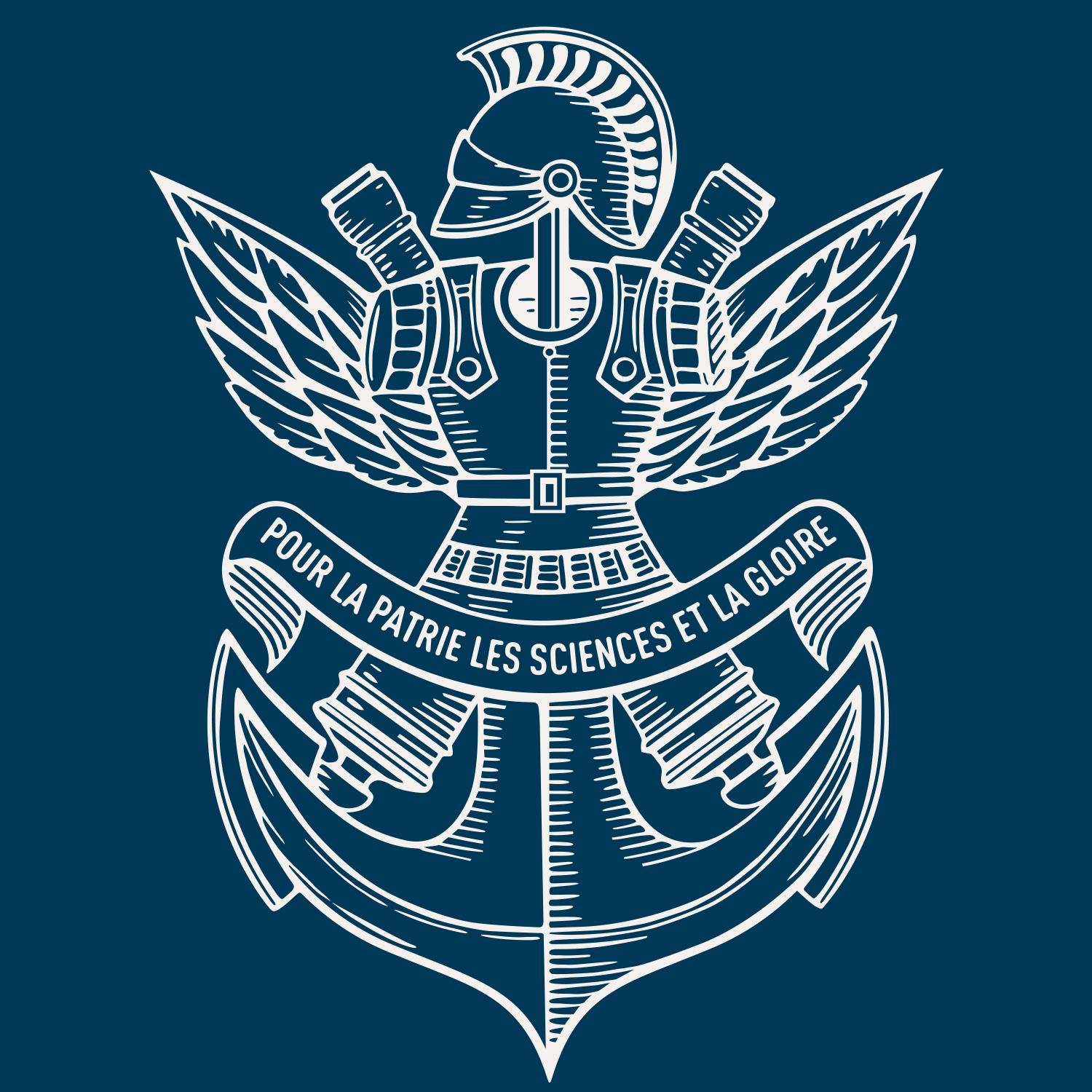Turbulent drag reduction by feedback: a Wiener filtering approach
Résumé
In an attempt to devise control laws for reducing drag in turbulent wall ows, modern control theory has recently been employed for the design of linear controllers [1], state estimators [2], and compensators [3; 4]. These approaches led to encouraging results, revealing the potential of linear control in targeting significant dynamics in wall turbulence [5]. All the aforementioned works, however, rely on an approximate statespace representation of the system dynamics, obtained by linearization of the governing equations about a base ow profile. The state-space formulation reduces the compensator design problem to the solution of two matrix Riccati equations, a procedure that becomes computationally cumbersome for high-dimensional systems. Effects of nonlinearities and modeling errors are accounted for by introducing state and measurement noises with known (approximately modeled) statistics.

